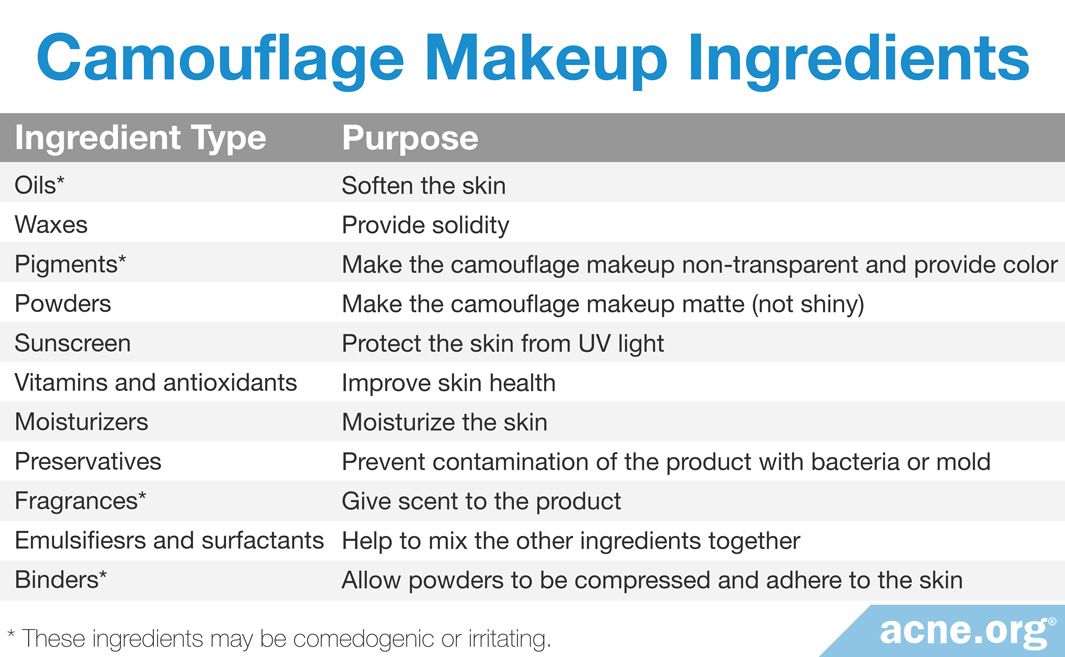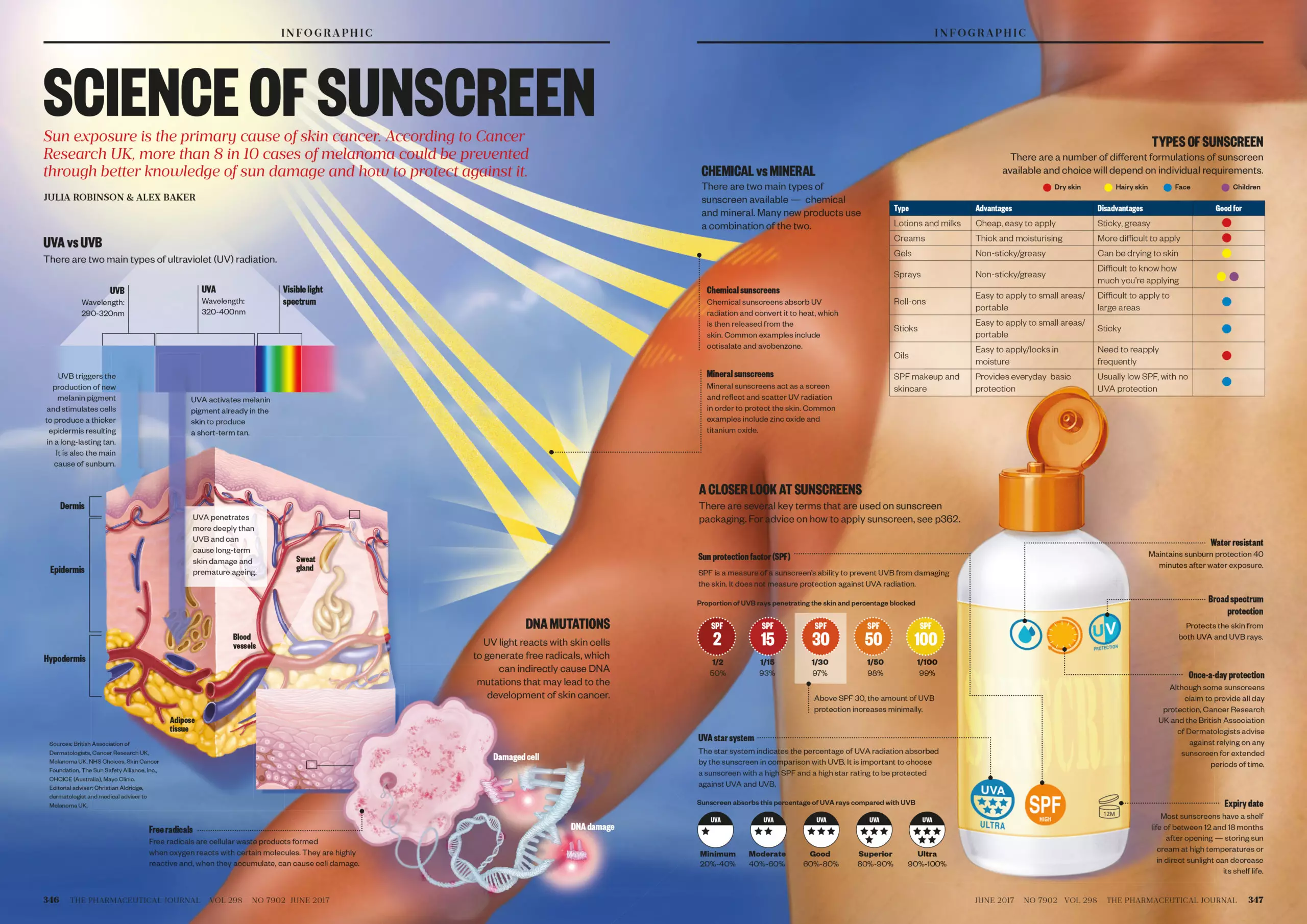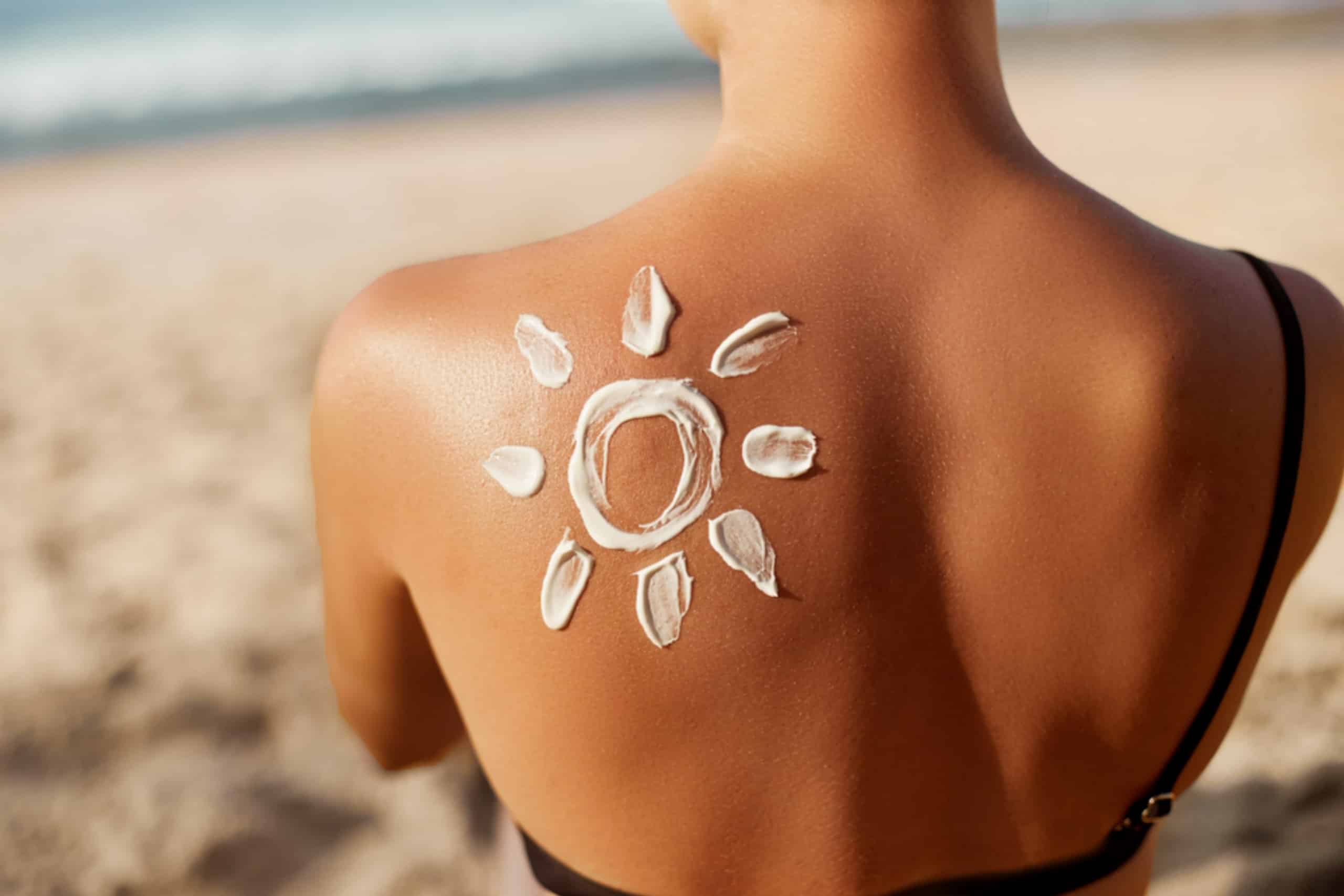The Itch Factor: Understanding Sunscreen in Makeup and How to Combat It
Related Articles: The Itch Factor: Understanding Sunscreen in Makeup and How to Combat It
Introduction
In this auspicious occasion, we are delighted to delve into the intriguing topic related to The Itch Factor: Understanding Sunscreen in Makeup and How to Combat It. Let’s weave interesting information and offer fresh perspectives to the readers.
Table of Content
The Itch Factor: Understanding Sunscreen in Makeup and How to Combat It

The desire for flawless skin and sun protection often leads to the use of makeup containing sunscreen. While this seems like a convenient solution, it can sometimes lead to an unwelcome side effect: itchy skin. This article delves into the reasons behind this phenomenon, providing a comprehensive guide to understanding and managing itchy skin associated with makeup containing sunscreen.
The Science Behind the Itch:
Itching, technically known as pruritus, is a complex sensation triggered by various factors, including skin irritation, allergies, and dryness. In the context of makeup with sunscreen, several factors can contribute to itching:
1. Sunscreen Ingredients:
- Chemical Filters: These filters absorb UV radiation and convert it into heat, which can cause irritation and itching in sensitive individuals. Common culprits include oxybenzone, octinoxate, and avobenzone.
- Physical Filters: These filters act as a barrier, reflecting UV rays away from the skin. While generally considered less irritating, some individuals may still experience itching due to the physical presence of the filter on their skin.
- Other Additives: Some sunscreens contain fragrances, preservatives, and other ingredients that can trigger allergic reactions and itching.
2. Makeup Ingredients:
- Pigments: Certain pigments, especially those with a high concentration of iron oxides, can cause irritation and itching in sensitive skin.
- Oils and Emollients: While these ingredients are often included for their moisturizing properties, they can trap heat and sweat, leading to clogged pores and itching.
- Other Additives: Makeup often contains fragrances, preservatives, and other ingredients that can contribute to skin sensitivity and irritation.
3. Application Technique:
- Excessive Application: Applying too much makeup, including sunscreen, can overwhelm the skin and lead to clogging, irritation, and itching.
- Insufficient Blending: Failure to properly blend makeup can leave streaks and uneven coverage, which can irritate the skin and cause itching.
4. Skin Type and Sensitivity:
- Dry Skin: Dry skin is more prone to irritation and itching, as it lacks the natural oils that protect it from environmental aggressors.
- Sensitive Skin: Individuals with sensitive skin are more susceptible to allergic reactions and irritations from various ingredients in makeup and sunscreen.
- Eczema and Other Skin Conditions: Pre-existing skin conditions like eczema can make the skin more sensitive and prone to itching, making it challenging to tolerate makeup with sunscreen.
Understanding the Causes:
To effectively address the issue of itchy skin from makeup with sunscreen, it is crucial to identify the root cause. This can involve analyzing the ingredients in the products, considering personal skin sensitivity, and evaluating application techniques.
Tips for Managing Itchy Skin:
1. Product Selection:
- Choose Mineral-Based Sunscreen: Mineral sunscreens, containing zinc oxide or titanium dioxide, are generally considered gentler on the skin and less likely to cause irritation.
- Opt for Fragrance-Free and Sensitive Skin Formulas: Look for makeup and sunscreen products specifically designed for sensitive skin, free from fragrances and common irritants.
- Patch Test Before Full Application: Always perform a patch test on a small area of skin before applying a new product to your entire face. This helps identify potential allergic reactions and irritations.
2. Application Technique:
- Apply Thin Layers: Use a light hand when applying makeup and sunscreen, ensuring thin and even coverage.
- Blend Thoroughly: Blend makeup carefully, especially around the eyes and nose, to avoid irritation and clogging.
- Remove Makeup Thoroughly: Cleanse your face thoroughly with a gentle cleanser at the end of the day to remove all traces of makeup and sunscreen.
3. Skin Care Routine:
- Hydrate Regularly: Moisturize your skin regularly, especially if it is prone to dryness. Choose a lightweight, non-comedogenic moisturizer that won’t clog pores.
- Exfoliate Gently: Exfoliate your skin once or twice a week to remove dead skin cells and improve product absorption. Use a gentle scrub or chemical exfoliant suitable for your skin type.
- Avoid Harsh Scrubs and Irritants: Minimize the use of harsh soaps, scrubs, and other products that can irritate your skin.
4. Consult a Dermatologist:
- Seek Professional Advice: If you experience persistent itching or irritation, consult a dermatologist for a proper diagnosis and treatment plan.
- Identify Underlying Conditions: A dermatologist can identify any underlying skin conditions that may be contributing to your itching and recommend appropriate solutions.
- Personalized Recommendations: Based on your skin type and concerns, a dermatologist can provide personalized recommendations for makeup and sunscreen products that are safe and effective for your skin.
Frequently Asked Questions:
Q: Can I use makeup with sunscreen every day?
A: While daily sunscreen use is essential for protecting your skin from harmful UV rays, it’s important to consider your skin’s sensitivity. If you experience itching or irritation, consider using a separate sunscreen and makeup or opting for products specifically designed for sensitive skin.
Q: Can I use a separate sunscreen under my makeup?
A: Applying a separate sunscreen under your makeup can be a good solution, especially if you have sensitive skin or are prone to itching. Choose a lightweight, non-comedogenic sunscreen that won’t pill or interfere with your makeup application.
Q: What if I’m allergic to certain sunscreen ingredients?
A: If you are allergic to specific sunscreen ingredients, it’s crucial to avoid products containing those ingredients. Look for alternative sunscreens with different active ingredients or consult a dermatologist for personalized recommendations.
Q: Are there any natural alternatives to sunscreen in makeup?
A: While some natural ingredients like aloe vera and green tea have antioxidant properties, they do not offer the same level of sun protection as chemical or physical sunscreens. It’s essential to choose makeup with sunscreen that provides adequate SPF protection.
Q: Can I use makeup with sunscreen on my eyelids?
A: It’s generally not recommended to use makeup with sunscreen on your eyelids, as it can irritate the delicate skin around your eyes. Opt for a separate sunscreen specifically designed for the eye area.
Conclusion:
While makeup with sunscreen offers a convenient solution for sun protection and flawless skin, it’s essential to be mindful of potential skin sensitivities. By understanding the factors that contribute to itching, adopting appropriate product selection and application techniques, and prioritizing a gentle skin care routine, individuals can minimize the risk of irritation and enjoy the benefits of sun protection without compromising their skin’s health. Consulting a dermatologist can provide personalized guidance and ensure the safe and effective use of makeup with sunscreen for all skin types.








Closure
Thus, we hope this article has provided valuable insights into The Itch Factor: Understanding Sunscreen in Makeup and How to Combat It. We appreciate your attention to our article. See you in our next article!
